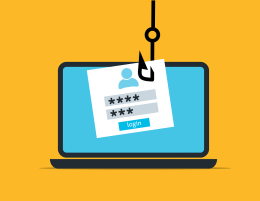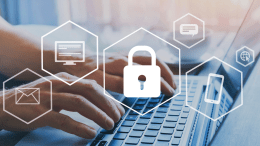A new phishing scam email has been circulating through several colleges and universities nationwide and even in Kansas. The email’s subject line is “URGENT: Suspected Exposure Incident Detected.” DO NOT fall for this scam. DO NOT click on any links. Immediately delete the email.
The links within the phishing email are cloned to login pages and even ask you for Duo verification. If you fall for this phishing email, immediately change your eID password and report the incident to abuse@k-state.edu.
The “URGENT: Suspected Exposure Incident Detected” phishing scam preys on people’s fear of spreading a contagious virus. The email provides a link to a webpage to determine if you have been in contact with the virus. It is important to note that the scammers send emails from university employees or department heads. Do not fall for this scam.
To learn more about identifying phishing scams, view the Phishing Scams webpage.
Think before you click. More than 90% of successful cyberattacks start with a phishing email. If you receive a suspected phishing email, immediately report the email to abuse@k-state.edu.


 In light of recent developments in the cybersecurity landscape, the Division of Information Technology (IT) feels it is imperative to communicate the evolving threats to our community. One such concern involves a North Korean group known as Kimsuky, a state-sponsored cyber threat actor notorious for their sophisticated spear-phishing attempts. Spear-phishing is a targeted form of phishing where the attacker impersonates a known or trusted entity to deceive individuals into revealing sensitive information.
In light of recent developments in the cybersecurity landscape, the Division of Information Technology (IT) feels it is imperative to communicate the evolving threats to our community. One such concern involves a North Korean group known as Kimsuky, a state-sponsored cyber threat actor notorious for their sophisticated spear-phishing attempts. Spear-phishing is a targeted form of phishing where the attacker impersonates a known or trusted entity to deceive individuals into revealing sensitive information.